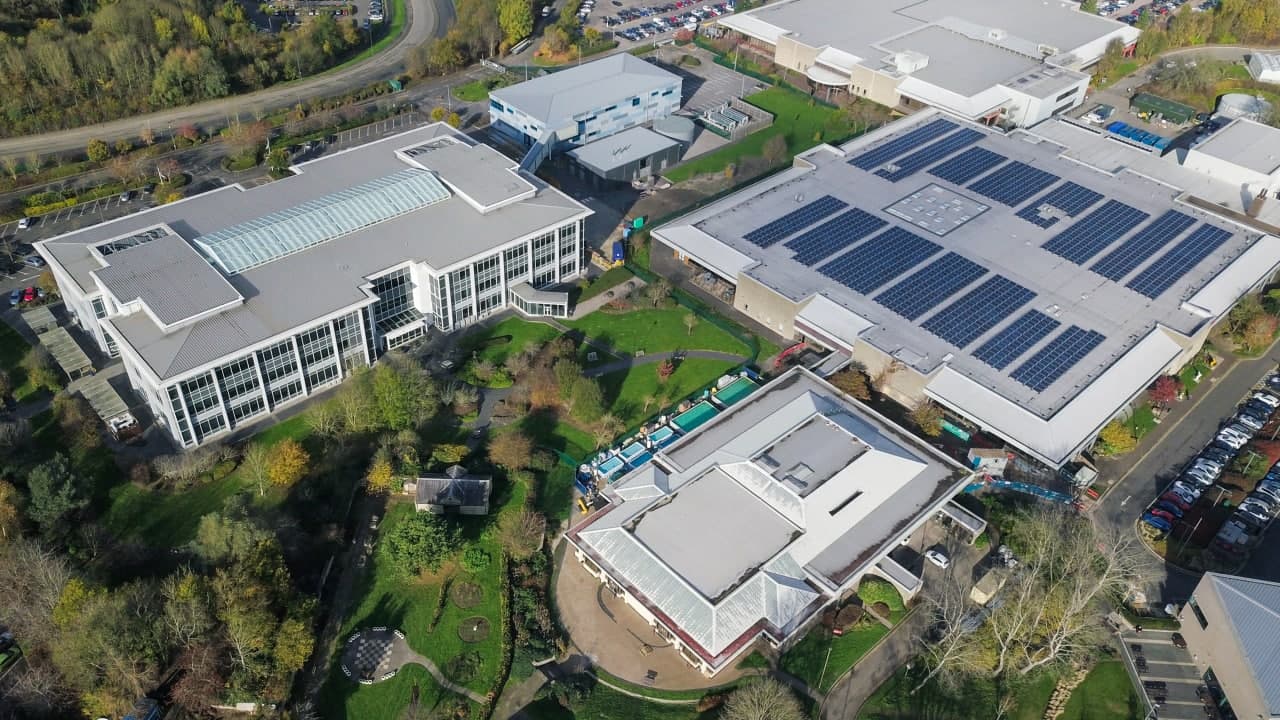The MSc in Biomedical Engineering provides an advanced training and education to the next generation of biomedical engineers. Biomedical Engineering is considered as the application of engineering principles to advance healthcare and medicine. Some of the most exciting work in biomedical engineering today takes place at the intersection of the biological, physical, chemical, engineering and digital disciplines; making significant impacts on human healthcare. The MSc in Biomedical Engineering brings students to exciting new developments in biomedical engineering today, ranging from development of new materials for use in cardiac therapeutics, designing innovative next generation medical devices, in silico design and modelling, to growing and regenerating new tissues for tissue replacement and in vitro disease modelling.
The MSc in Biomedical Engineering equips candidates with the education, problem-solving and creative skills, and training necessary to address important clinical needs in the medical devices industry, or research and clinical institutes. Students of the MSc in Biomedical Engineering at Trinity College Dublin receive lectures from international experts in biomedical engineering subjects, specifically tailored to the current needs of industry and carry out research in internationally recognised, state of the art research laboratories and facilities. This MSc programme also provides an excellent foundation for a continued research career with many graduates pursuing Ph.D. research in diverse biomedical engineering related fields both nationally and internationally.
Career Opportunities
The success and impact of this course makes our highly skilled graduates employable in the Medical Device industry in Ireland and around the world. Our graduate bioengineers work in the design and manufacture of medical devices with market leading companies. Graduates from last years programme are currently working in Medtronic, Bristol-Myers Squibb, Boston Scientific, Johnson & Johnson, Schivo Group, Carl Zeiss Meditec and Stryker. Many pursued further research in Trinity College and also in leading universities such as Stanford and Harvard as well as in hospital and clinical environments, on the regulatory practice of medical devices with the Irish Medicines Board. This MSc. programme is an excellent foundation for further research and many graduates are currently doing PhD research in Medical Device Design.
For international students
Applicants will be required to hold a minimum of an upper second class honors degree (II.1 or higher, CGPA 3.2/4 (North America) or 65% or 6.8 CGPA (India)) in engineering, biomedical technology, or a cognate discipline.
IELTS: Grade 6.5 overall
TOEFL: 88 internet-based, 570 paper-based, 230 computer-based
University of Cambridge: Proficiency Certificate, Grade C or better (CEFR Level C1 or C2), Advanced Certificate, Grade C or better (CEFR Level C1 or C2)
Pearson Test of English (Academic) - PTE Academic: a minimum score of 63 to be eligible (with no section score below 59)
1 Year - Full time
![Fee]()
Fee
€27,620.00 (US$ 29,600) per yearon-campus housing - 181 per week
![Start Date]()
Start Date
![Address]()
Address
Trinity College Dublin, the University of Dublin, College Green, Dublin 2, Dublin 2, Dublin, D02 PN40, Leinster, Republic of Ireland

Description
Requierments
Study options






 Stay in touch with us
Stay in touch with us





